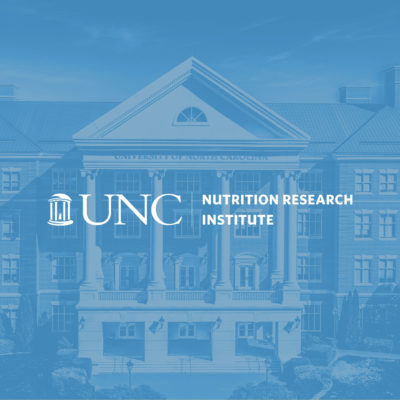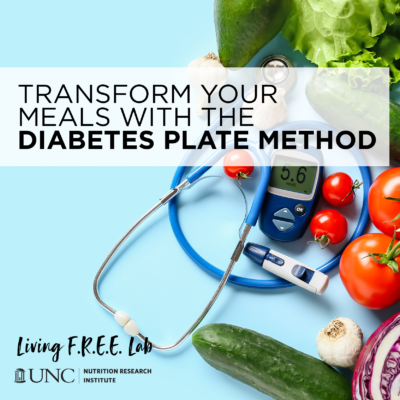Microbiome and Nutrition
The complex community of bacteria, yeasts and viruses living in our intestines, collectively known as the gut microbiome, is shaped, in part, by what we eat. Genetics, environment, and other factors also influence an individual’s microbial community. Research at the NRI investigates these complex relationships and their impact on disease risk. We use animal models and bioinformatics to study the associations between nutritional metabolites, gut microbiome, and health. What happens in the gut doesn’t stay in the gut. Your microbiome can play a role in cardiovascular disease, obesity and diabetes, and even cancer. Our team envisions a future where analysis of your microbiome can determine disease risk, and medical foods can be prescribed to treat and prevent disease by regulating the microbiome.
Publications
Microbiome and Nutrition Publications
2020
Population studies of TMAO and its precursors may help elucidate mechanisms. Meyer K
2019
Association of dietary patterns with the gut microbiota in older, community-dwelling men. Meyer K
2018
Meta-analysis of human genome-microbiome association studies: the MiBioGen consortium initiative. Meyer K
Human microbiota, blood group antigens, and disease. Sumner S
2017
Trimethylamine N-Oxide, the Microbiome, and Heart and Kidney Disease. Zeisel S
2016
Diet and Gut Microbial Function in Metabolic and Cardiovascular Disease Risk. Meyer K
Antibiotic-mediated gut microbiome perturbation accelerates development of type 1 diabetes in mice. Sumner S
Related News
Appetite for Life: Tour the NRI Registration
Rachel W. Goode, PhD, MPH, LCSW, Promoted to Associate Professor of Social Work
Rachel W. Goode, PhD, MPH, LCSW has been promoted to Associate Professor of Social Work at the School of Social Work at the University of North Carolina at Chapel Hill. Her promotion also encompasses her work at the UNC Nutrition Research Institute (NRI) where Goode’s...
VIP 2024 Feedback Survey
Grant Award Fuels NRI Postdoc’s Mission to Prevent Childhood Obesity
Paola Campos, PhD, a postdoctoral research associate in the Goode Lab at the UNC Nutrition Research Institute, has been awarded a grant from SPLENDOR-NC (Supporting, Promoting, and Launching the Expansion of Nutrition, Diabetes, and Obesity Researchers in North...
Empowering health through nutrition
This article originally appeared in Carolina Public Health Magazine. Just shy of two hours away from Chapel Hill, the former textile town of Kannapolis is home to a state-of-the-art research center where Gillings School faculty, along with colleagues from across UNC,...
Transform Your Meals with the Diabetes Plate Method
Watch the video below. Managing diabetes can often be a complex and demanding process, involving intricate carb counting and strict diet monitoring. What if there was an easier way to manage diabetes that didn’t involve these demanding steps? The Diabetes Plate...





